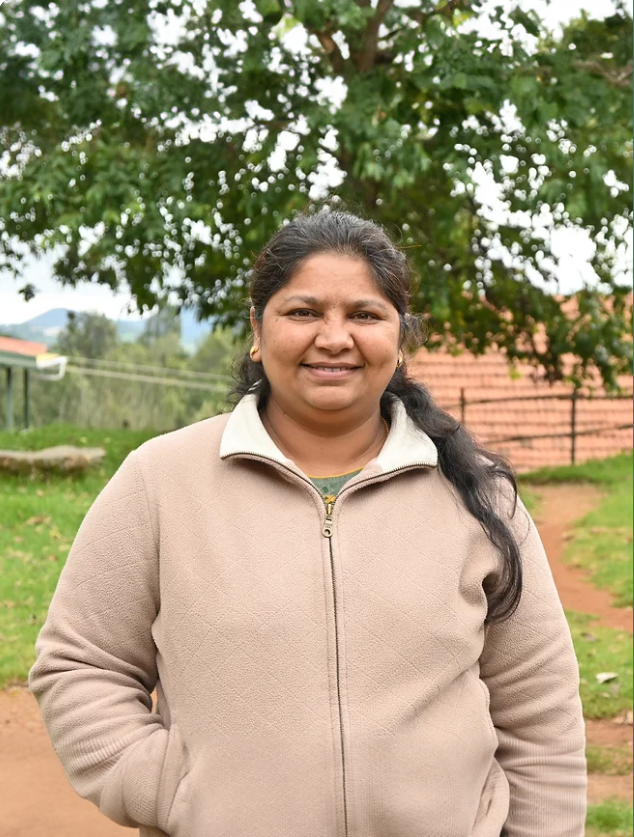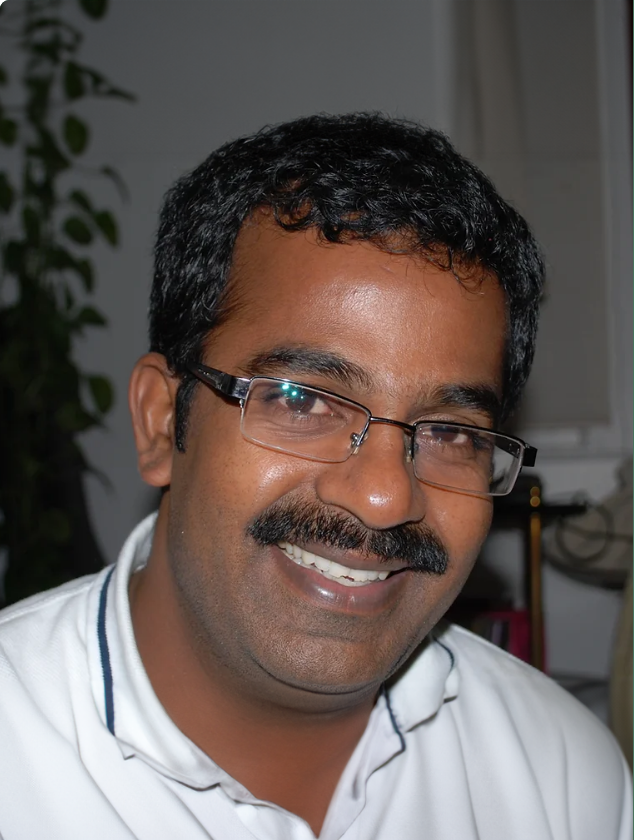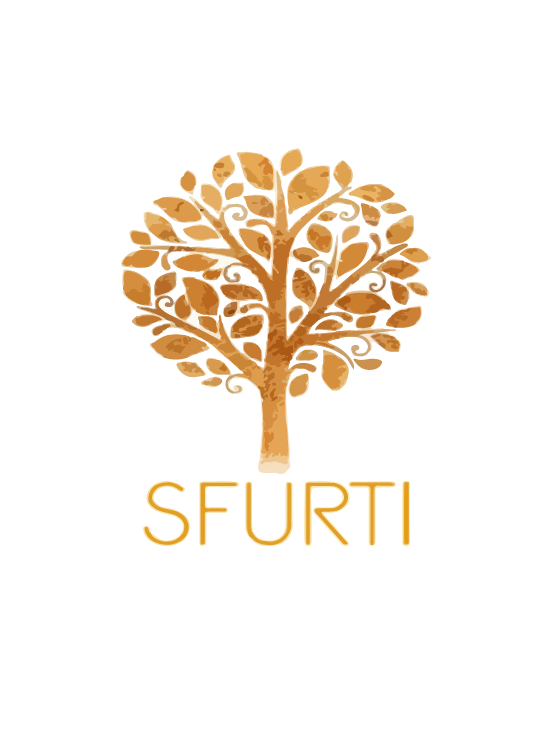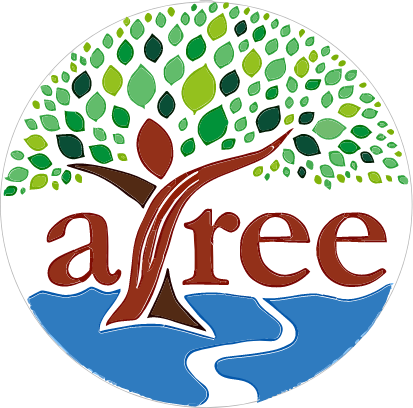No products in the cart.
Coming soon, coffee grown by state tribals
A fresh brew of coffee cultivated by tribals in Karnataka’s forests will soon be available on the shelves. The brand, produced with the assistance of the state government, is called ‘Adavi’ (forest).



About 40 metric tonnes of coffee grown by the tribals in this programme have been procured and sold for Rs 142 a kilo under the brand for the local market, according to the social welfare department.
The department has joined hands with the Coffee Board (Ministry of Commerce and Industry, Government of India) to train 2,650 farmers in a span of four years. The department, which reached out to locals in the coffee-growing belts in Karnataka, has been given support based on market needs to be able to cater to new-age consumers.
The idea has been implemented with focus on improving the lives of Soliga and Kuruba besides the other tribes in the state. This is proposed to be done with an outlay of Rs 15 crore from the social welfare department and about Rs 60 crore from the Commodity Boards and other agencies.
Speaking to DH, Social Welfare Department Minister Priyank Kharge said, “The indigenous tribal communities such as Soligas, Jenukuruba, Yarava and Kaadukuruba have been cultivating coffee and black pepper in BR Hills, Virajpet Taluk and Mudigere Taluk already. We are helping them improve the same. At present, farmers in BR Hills, Virajpet and Moodigere are being trained.”
Kharge said the tribes have been grouped into clusters. “The department has employed three experts for every cluster who teach the farmers the dos and dont’s,” he said. Under the programme, a total of 65 clusters will be formed. Locals in eight of these clusters are cultivating coffee for the first time.
In the first phase, the department is reaching out to farmers in BR Hills, while those in Virajpet and Moodigere will be trained next, in a phased manner. To ensure that quality is maintained, the product will be certified by the NABL lab and coffee board.


Sharayu Jakhotiya Godbole
Lorem ipsum dolor sit amet, consectetur adipiscing elit, sed do eiusmod tempor incididunt ut labore et dolore magna aliqua. Ut enim ad minim veniam.








Leave a Reply